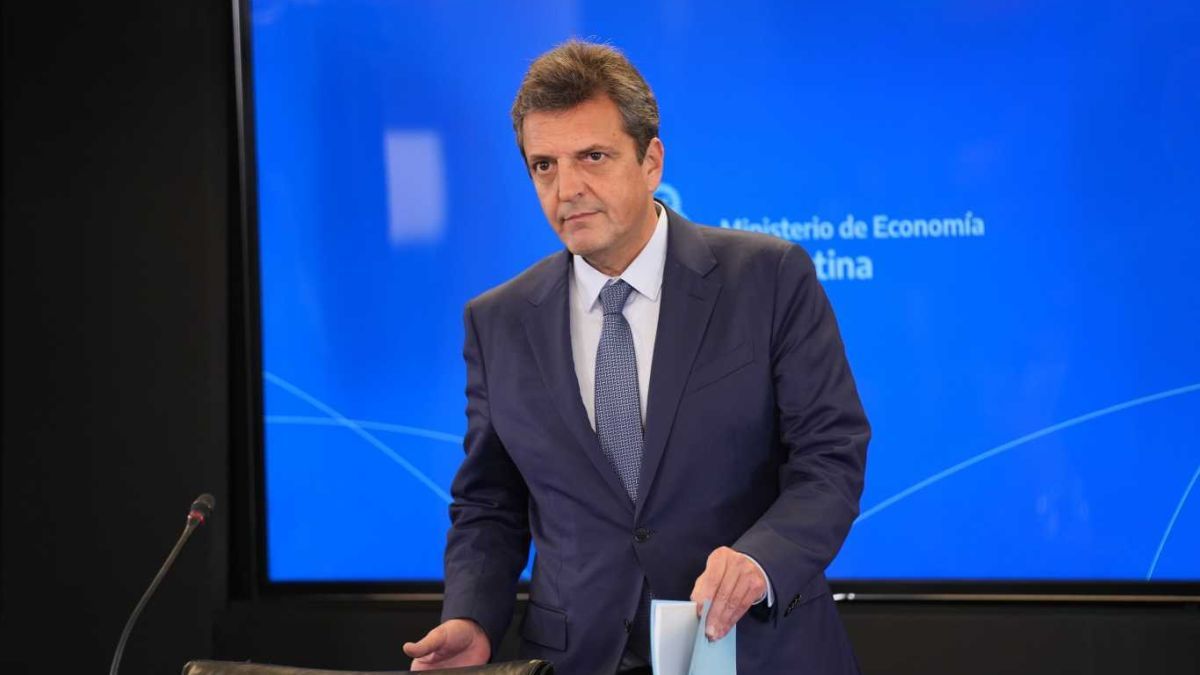“The announcements of the new economic team did not differ substantially from the roadmap outlined in the agreement with the International Monetary Fund (IMF)”says the Chief Economist of PwC Argentina, José María Segura.
Segura said: “The big difference seems to be that it has political support, or rather the absence of public rejection, from other members of the ruling coalition.” For the operators, the decision of the new economic team to seek a fiscal order, while making cost cuts, was a positive sign.
The measure that was published in the Official Gazette establishes an adjustment on the under-executed items of the different ministries allowed in August to avoid the assistance of the Central Bank.
Along with this, among Massa’s first decisions upon assuming office was to discard the issue resource to finance the deficit, deepen the strategy of obtaining credit in the local market and launch swaps with “Dual” bonds to “kick” maturities for a few months.
However, as Segura stated in PWC’s latest “Economic GPS” report, the economic team’s strategy to obtain financing in pesos has limits.
“This strategy has a cost for the Treasury that the previous economic leaderships had not wanted to recognize -higher interest-, since the bonds offered adjust for the exchange rate or for inflation, whichever is higher”, explained the economist.
The PWC analyst expressed: “Although it is true that this takes pressure off the market in the very short term, it does so by increasing the medium-term sustainability risk and making an eventual exchange rate correction that would have to be carried out in the future more expensive in relative terms.”
Segura said that “the point that seems even more pressing is the objective of the reserves.”
At the end of this month, the government will have to show Kristalina Georgieva, the head of the IMF, that it managed to accumulate reserves of US$5.8 billion, which implies having added US$4.1 billion since the end of July. “The possibility of reaching the quarterly goal seems distant,” says Segura.
The chance now will depend on the exporting cereal companies discharging some US$5,000 million to the Central Bank as an advance payment for foreign sales operations.
Source: Ambito
David William is a talented author who has made a name for himself in the world of writing. He is a professional author who writes on a wide range of topics, from general interest to opinion news. David is currently working as a writer at 24 hours worlds where he brings his unique perspective and in-depth research to his articles, making them both informative and engaging.




